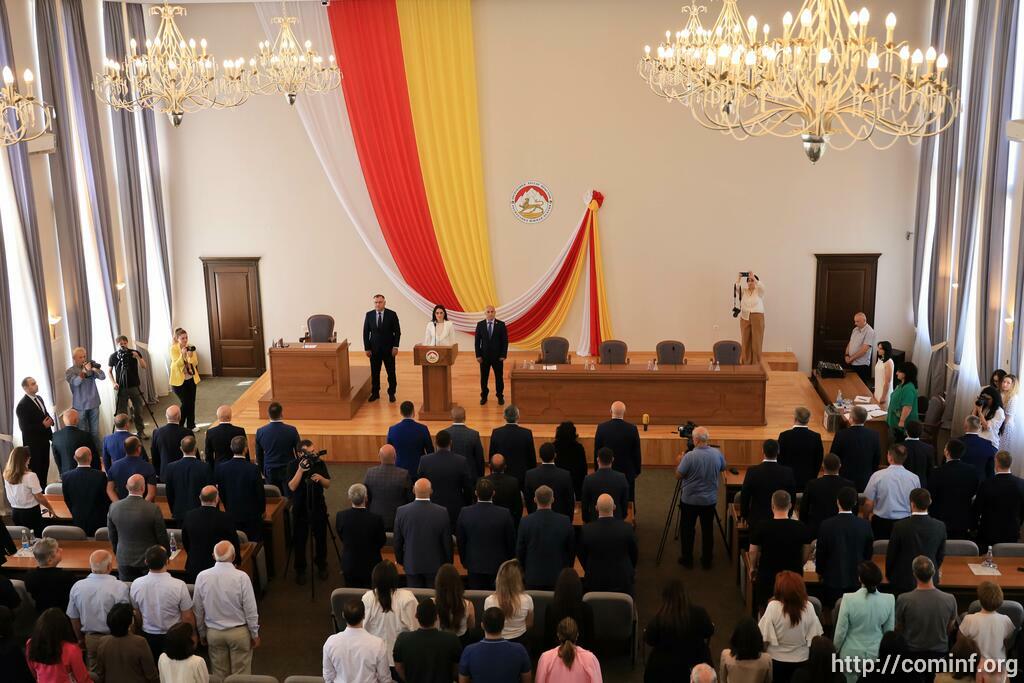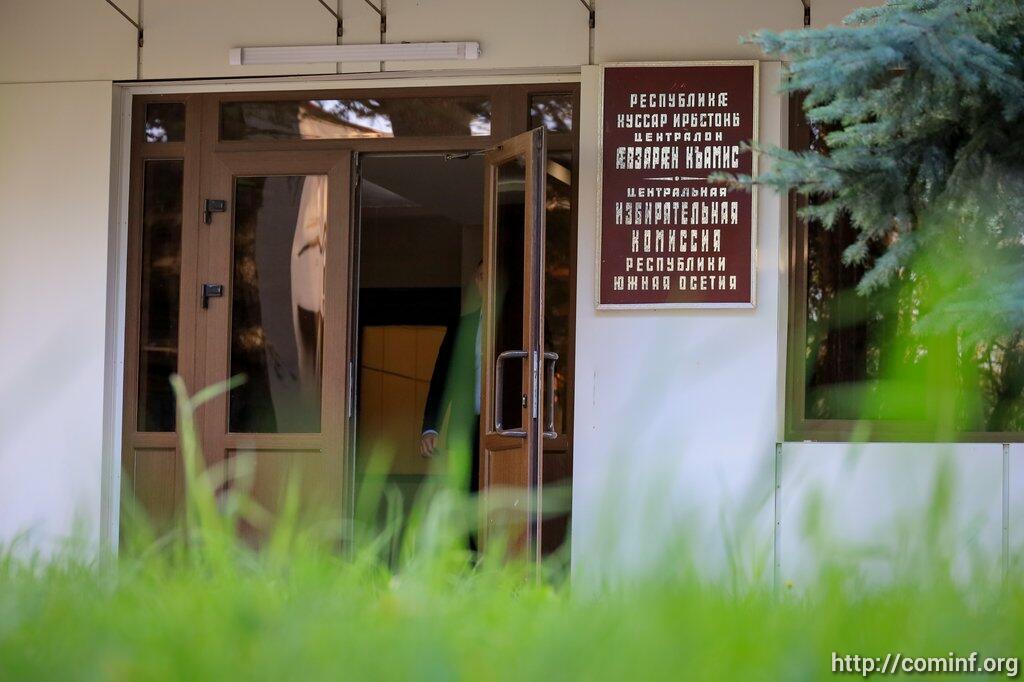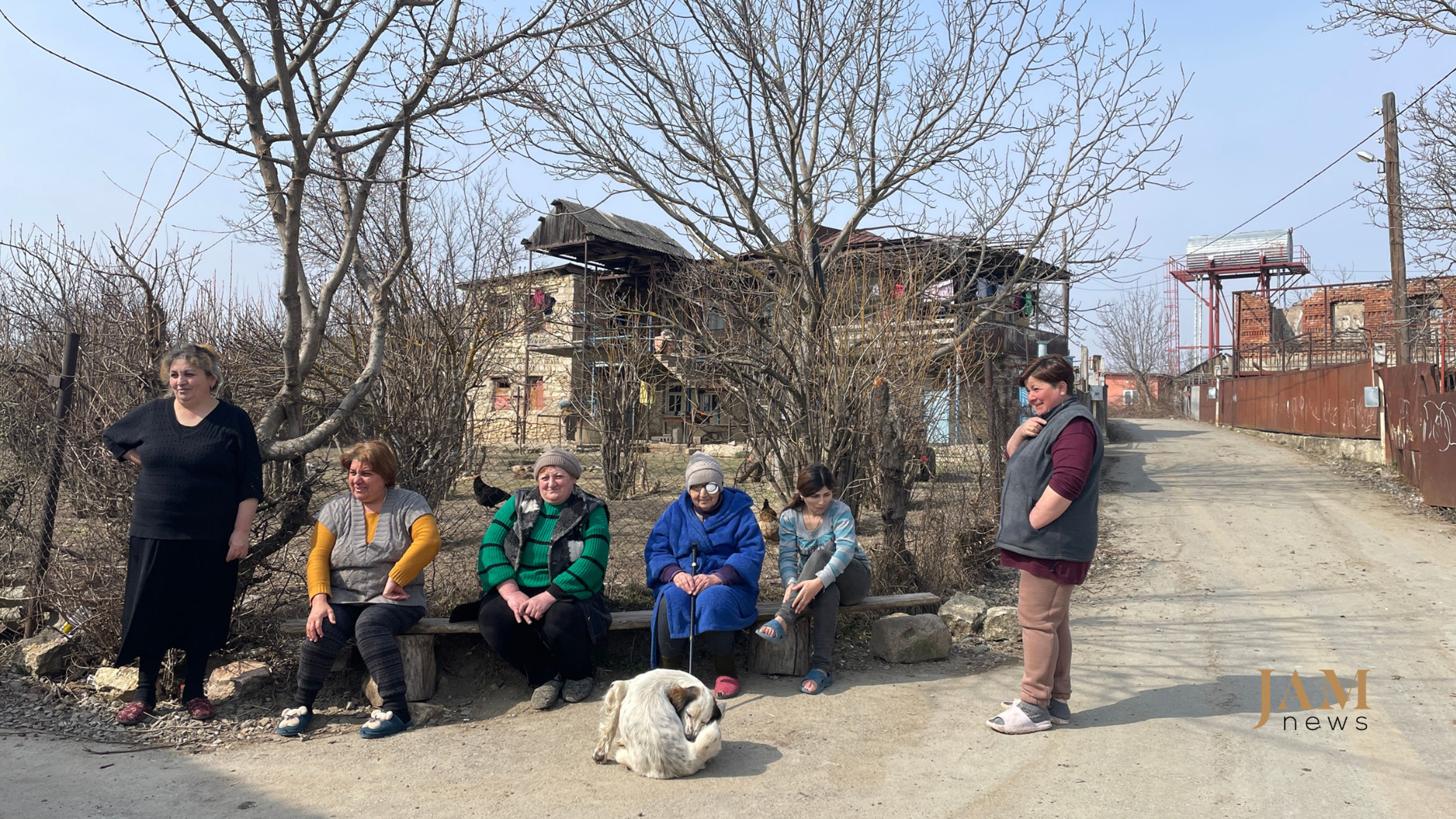The opposition party of South Ossetia refuses to attend the new parliament
Parliament protest in South Ossetia
The first session of the newly elected parliament was held in South Ossetia. The opposition party “United Ossetia” did not attend and stated that they “will not set foot in the parliament” until the results of the June 9 elections are reviewed.
Dissatisfied winner
Actually, “United Ossetia” won the election but remained unhappy with the official results.
“The ruling party ‘Nykhas’ received votes from newly minted ‘voters’ brought in from North Ossetia and Georgia. For example, there are 500 residents in the Leningor district, but somehow 700 votes were cast for the ‘Nykhas’ candidate. There were also carousel voting and fraud at the polling station in Vladikavkaz. We have filed complaints with the Ministry of Internal Affairs and the General Prosecutor’s Office, but there has been no response,” said Alan Tadtaev, Chairman of the Central Committee of “United Ossetia.”
According to him, “United Ossetia” will not appear in parliament until the court reviews their lawsuit.
- Disappearing ink and silenced results: how the parliamentary elections in South Ossetia unfolded
- “Political marriage”: Opponents unite in South Ossetia ahead of elections
Meanwhile, holding the session without “United Ossetia” but with the participation of president Alan Gagloev, the parliament appointed a new speaker and his deputies.
The speaker became Alan Margiev, a nominee of the ruling party “Nykhas,” head of the presidential administration, and former Minister of Agriculture.
The first vice-speaker position went to the head of the “Nykhas” party, Zita Besayeva.
The other two vice-speaker seats were occupied by the chairmen of the pro-government “People’s Party” and the Communist Party.
All three of these parties were defeated by “United Ossetia” in the elections: “Nykhas” received just over 30 percent of the votes, the People’s Party slightly over 16 percent, and the Communist Party did not even reach the required seven percent threshold, yet it was still allocated two mandates.

Spoiled ballots
This situation led to a split within the Central Election Commission (CEC) itself.
CEC Chairwoman Emilia Gagieva refused to sign the final protocol and declined to recognize the officially announced results of the parliamentary elections. Some other CEC members share her position. They believe that all ballots, including spoiled ones, should have been counted during the vote tally.
The controversy revolves around a polling station in Vladikavkaz (North Ossetia), where 733 ballots were allegedly spoiled and not counted, according to “United Ossetia.” Additionally, four polling stations in Tskhinvali recorded a lack of voter turnout, resulting in the elections not being held there.
However, CEC Secretary Kristina Avlokhova and several other commission members only counted the ballots deemed valid. As a result, both “United Ossetia” and “Nykhas” lost one mandate each, reducing their seats from seven to six in the party lists.
A political-mathematical problem
Mistakes and discrepancies in the election results have caught the attention of many, including individuals not involved in politics but proficient in calculations. For instance, Soslan Tabuev, a candidate of physical and mathematical sciences, rechecked the official data.
“According to the CEC, 20,033 ballots were issued in the polling stations, but 22,983 ballots were found in the ballot boxes. The question is, where did the extra 2,950 ballots come from?” he asks.
Despite this, neither the court nor the parliament has responded to “United Ossetia’s” ultimatum. However, party representative Alan Tadtaev is confident that the authorities will not succeed in “pushing them off the political arena.”
“They won’t succeed. The political arena is not just within the walls of the parliament. We fully understand that the people of South Ossetia, the residents living here permanently, voted for us,” he says.
Meanwhile, experts warn that the prolonged disputes over the election results in South Ossetia threaten to escalate into a political crisis.
Toponyms, terminology, views and opinions expressed by the author are theirs alone and do not necessarily reflect the views and opinions of JAMnews or any employees thereof. JAMnews reserves the right to delete comments it considers to be offensive, inflammatory, threatening or otherwise unacceptable.




















